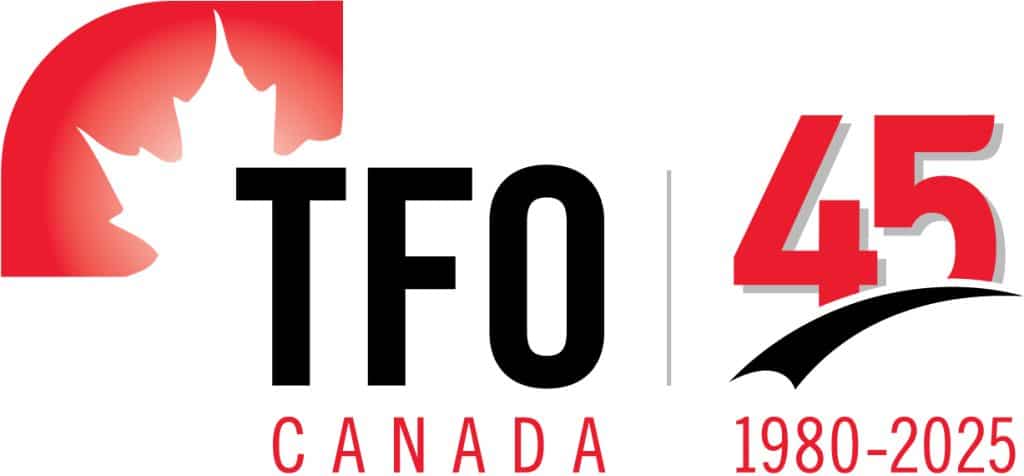Canadian beef industry achieves 15 per cent reduction in greenhouse gas emissions: Report
“The Canadian Roundtable for Sustainable Beef (CRSB) released its second National Beef Sustainability Assessment (NBSA) and Strategy report. The assessment reflects three years of in-depth scientific analysis and highlights the Canadian beef sector’s progress between 2014 and 2021 on sustainability indicators like greenhouse gas emissions, biodiversity, carbon storage, people’s health and safety, animal care, economic contributions and more. The report also identifies areas for continuous improvement.
Key environmental improvements include a 15 per cent reduction in greenhouse gas (GHG) emissions to produce 1 kg of beef (boneless and consumed) since 2014. This improvement is largely attributed to increased efficiencies of cattle growth, leading to a smaller overall carbon footprint as fewer resources (e.g. land, water and feed) are required to produce the same volume of beef.
“It’s exciting to see the 15 per cent reduction in GHG emissions intensity, which puts us on track to achieve the 33 per cent reduction 2030 goal that the industry has set,” says Ryan Beierbach, chair of CRSB and Saskatchewan beef producer.
The report also shows that land used for beef cattle production is estimated to store 1.9 billion tonnes of soil organic carbon, storing nearly 40 per cent of the total soil carbon across Canada’s agricultural landscape. This is equivalent to annual CO2 emissions from over two billion cars (~58 cars for every Canadian).
The report found that animal care continues to be a top priority for the Canadian beef industry. Surveillance data shows no risk of resistance from Category I antimicrobials (very high importance to human medicine) indicating that tools to treat sickness in beef cattle is not a risk to human health.
Demand for Canadian beef remains strong with Canadian consumers (up five per cent) and around the world (16 per cent increase).
The Canadian cattle industry contributes $51.5 billion in the production of goods and services, $21.8 billion to the Canadian GDP and $11.7 billion in labour income.
“I am proud of the Canadian beef industry’s commitment to continuous improvement, and the progress already made on our sustainability journey. This assessment demonstrates the important role Canadian beef producers and our members play in advancing sustainability, and what we can accomplish when we work together towards common goals,” Beierbach adds.
A peer-reviewed scientific paper highlighting the Environmental Life Cycle Assessment results has been published in the Canadian Journal of Animal Science.
The report was completed as part of over $2.8 million in funding for CRSB under the Government of Canada’s AgriAssurance Program – National Industry Association Component, an initiative under the Sustainable Canadian Agricultural Partnership.
Visit crsb.ca/benchmarks for more information on the CRSB’s National Beef Sustainability Assessment & Strategy.”
*This article is published from foodincanada.com website, published 18th January 2024
